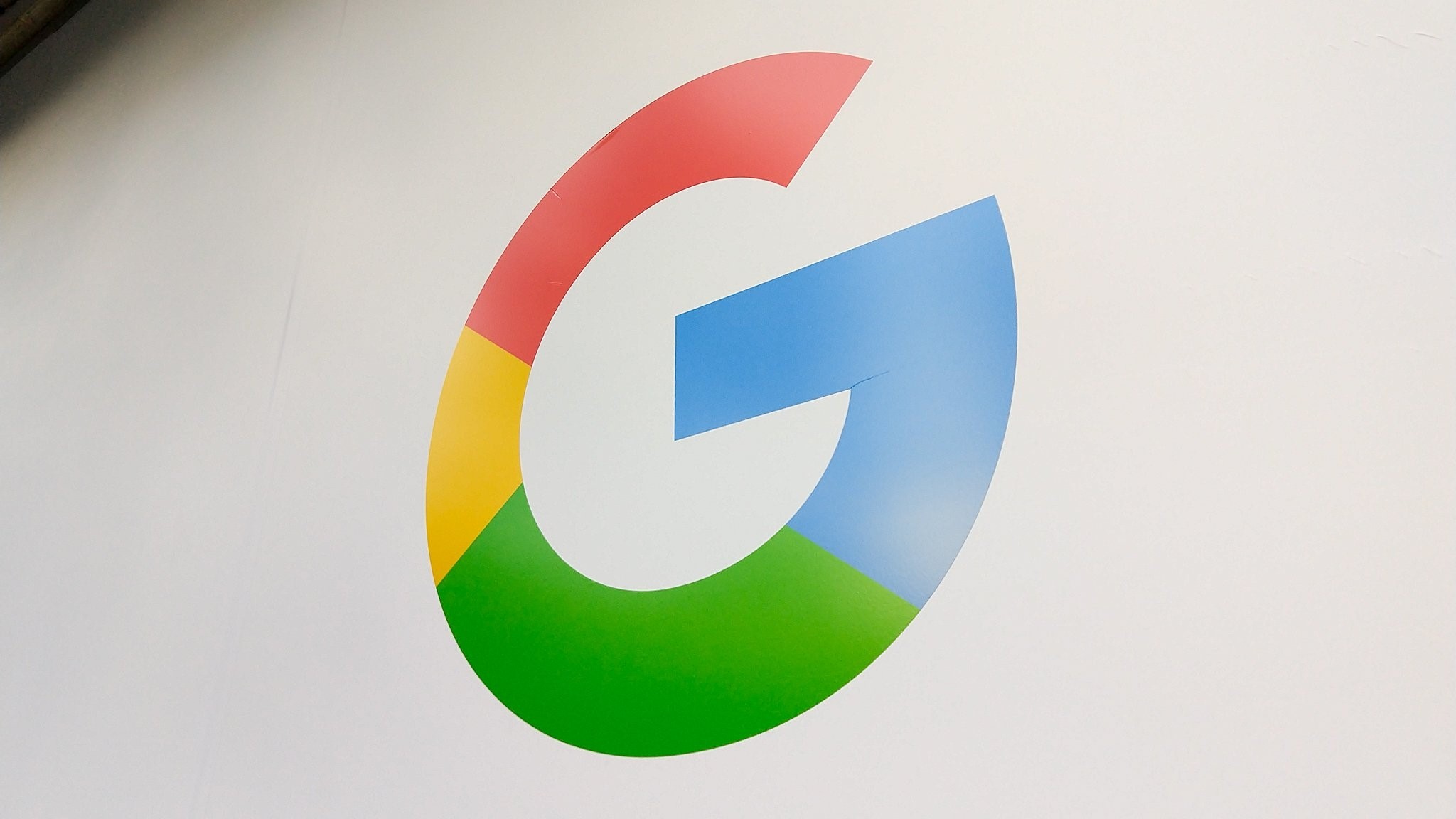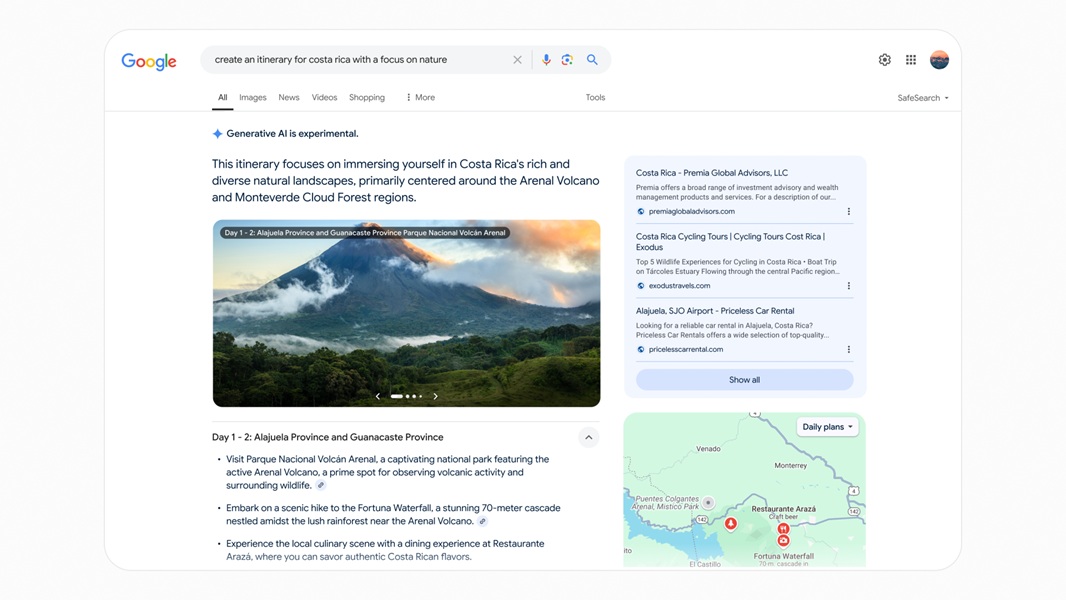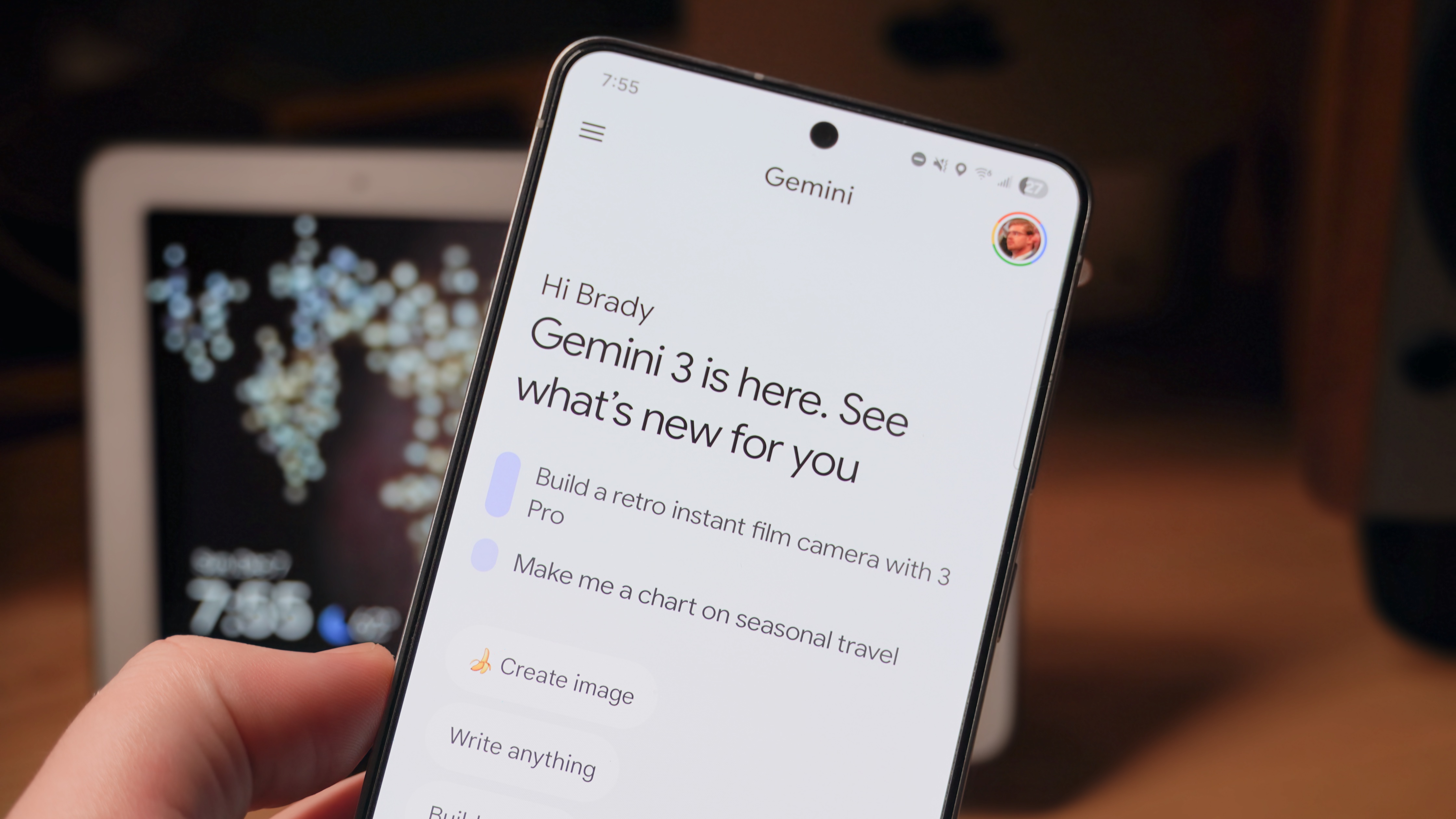US Judge says Google can keep Chrome, but 'exclusive deals' are a no-go
U.S. District Judge Amit Mehta's ruling delivers a ruling that has evolved due to the inclusion of "general artificial intelligence."

What you need to know
- Today (Sep 2), U.S. Judge Amit Mehta's ruling says that Google will not have to divest Chrome or Android in its antitrust case regarding its online search monopoly.
- Instead, Mehta said Google will need to "share search data with competitors" in the online search space.
- Earlier this year, the DOJ was still seeking to push Google to sell Chrome, as it would've given other search engines a chance to shine fairly with more users.
Another update about Google's antitrust case within the Department of Justice has reached a new crucial moment.
A report from this afternoon (Sep 2) by Business Insider states that a U.S. District Judge has delivered their ruling over the antitrust case with Google about its search monopoly. According to the publication, prominent U.S. Judge Amit Mehta, who's been involved in this case for quite some time, states that Google won't have to divest its Chrome and Android assets.
Mehta adds that "Plaintiffs overreached in seeking forced divestiture of these key assets, which Google did not use to effect any illegal restraints."
However, regarding the antitrust part of this ruling, Mehta's verdict states that, moving forward, Google will have to "share search data with competitors" within the online search space. More than that, Google is also "barred...from having exclusive contracts for its Google Search, Chrome, Google Assistant, and Gemini app products."
Business Insider also highlights a statement from Mehta about how the case had evolved over the past few months. In the case documents, Mehta stated that the "legal landscape" of the case had changed because of the introduction of "general artificial intelligence" in online search.
The journey so far...

In August 2024, the DOJ stated that it was seeking a way to solve this antitrust online search case with Google, and that it could involve forcing the company to divest some assets. The DOJ had some options in mind, all of which involved having Google sell off Chrome and Android. However, there was another choice: share more data with the competition. With what's happened today (Sep 2), it seems the decision has been made to settle on keeping the line open for more data.
Fast-forward to March 2025, and the DOJ was still on the track of pushing Google to sell off Chrome. Android was still part of the equation; however, the DOJ looked at Chrome closely since selling it off could open the gates for other search engines to reach more users, per its filing.
Get the latest news from Android Central, your trusted companion in the world of Android
News from earlier this year also saw the DOJ step back a little from demanding Google sell its AI investments. It seems that while that's the case, there's still an interest around "stricter oversight."

Nickolas is always excited about tech and getting his hands on it. Writing for him can vary from delivering the latest tech story to scribbling in his journal. When Nickolas isn't hitting a story, he's often grinding away at a game or chilling with a book in his hand.
You must confirm your public display name before commenting
Please logout and then login again, you will then be prompted to enter your display name.
